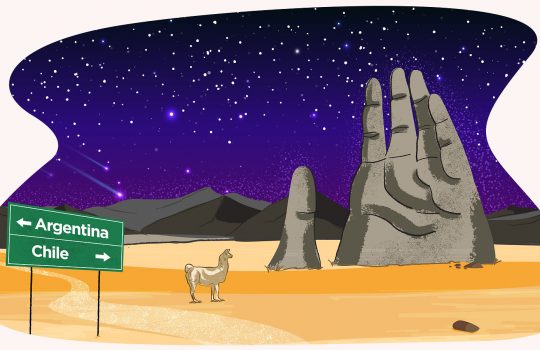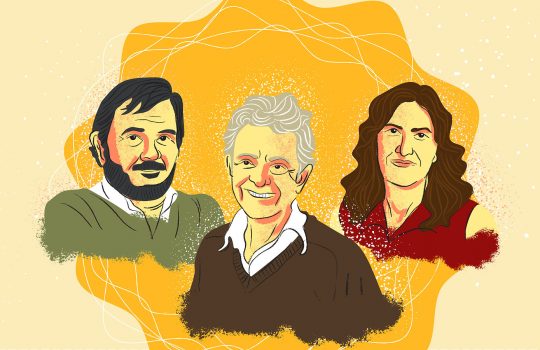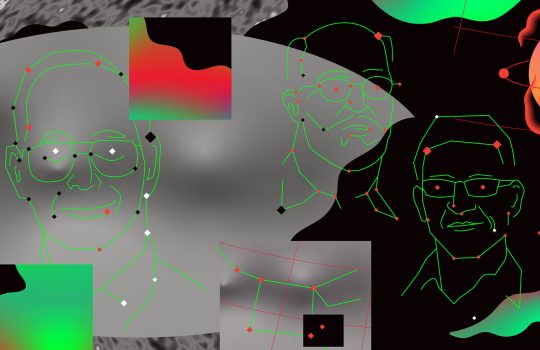Portal to progress: Science project revives old Homestake tramway tunnel
- Deep Underground Neutrino Experiment
- DUNE
- LBNF
- Long-Baseline Neutrino Facility
- neutrino
- Sanford Lab
- Sanford Underground Research Facility
- South Dakota
From Rapid City Journal, Oct. 9, 2019: For the past 17 years, shovels, safety goggles, tramway cars and other remains of the defunct Homestake gold mine lingered in a closed-off tunnel under the city of Lead, South Dakota. Now the tunnel is alive with activity again, thanks to preparations for the Long-Baseline Neutrino Facility and the international Deep Underground Neutrino Experiment, hosted by Fermilab.



